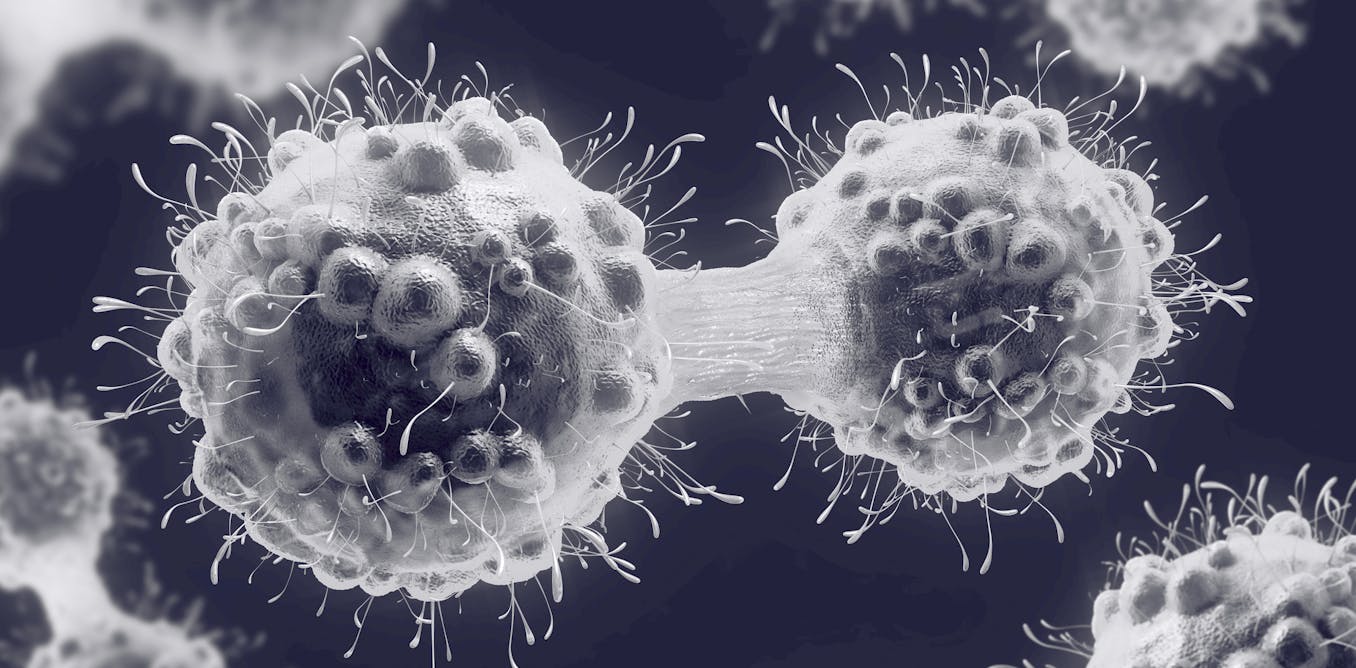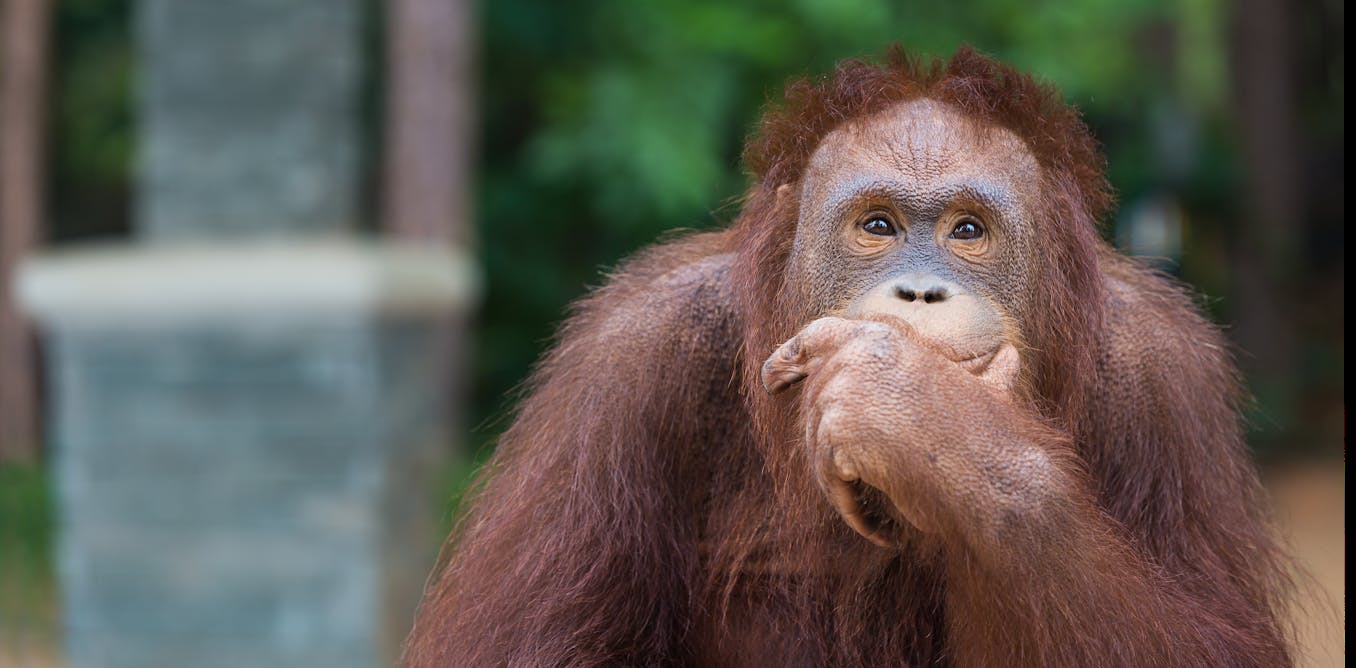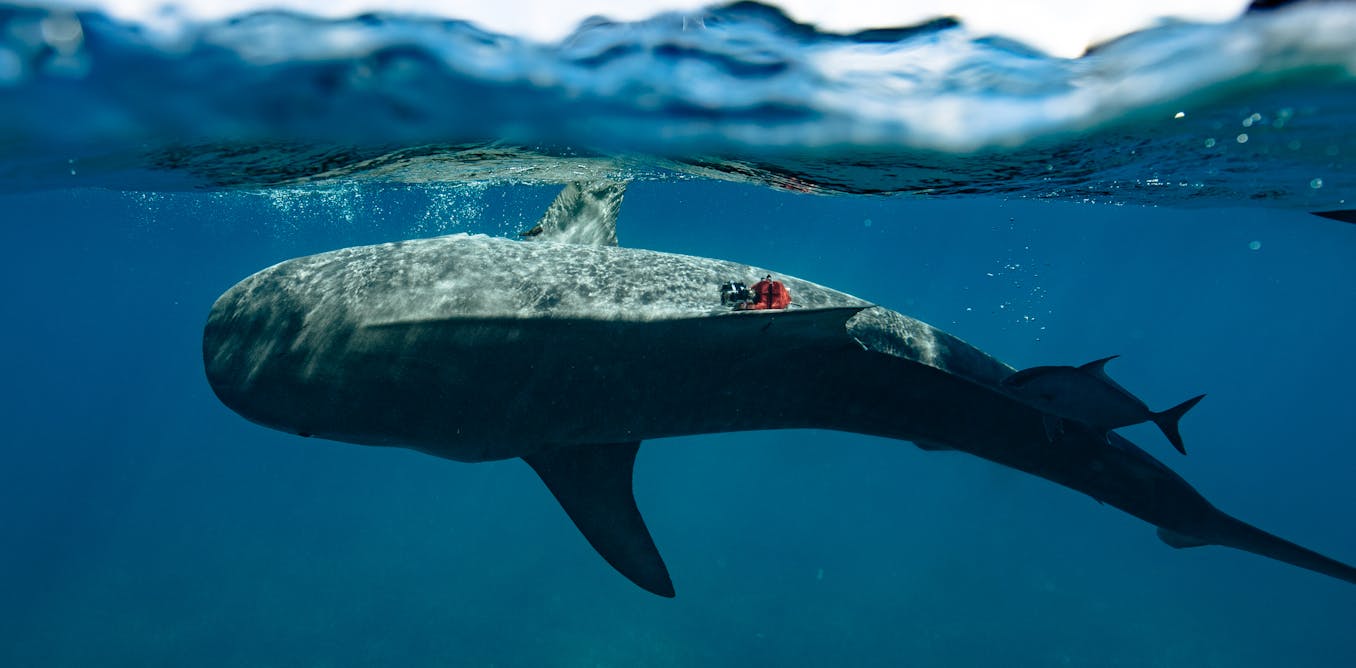Cancers are in an evolutionary battle with treatments – evolutionary game theory could tip the advantage to medicine
Applying the principles of ecology and evolution could help oncologists anticipate cancer drug resistance and optimize their treatment plans for patients.
Nov. 16, 2021 • ~7 min






